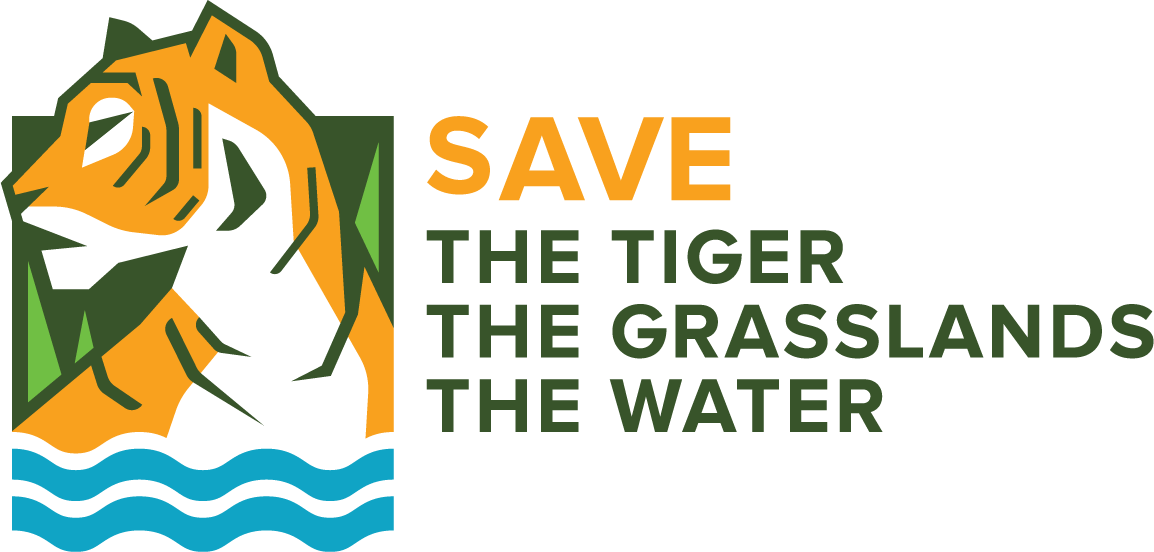Work Package 6: Ecohydrology of the Karnali megafan (Nepal) as related to the conservation of the tiger habitat in Bardia National Park
The objective is to establish the spatio-temporal relationship between groundwater and surface water of the Karnali megafan and of the grasslands in adjacent Bardia National Park and surroundings. This system is highly dynamic due to large changes in river discharge and rain, and a very permeable subsurface.
Floodplain grasslands play a pivotal role in the tiger habitat as these are indispensable for deer and therefore for tiger. Many of them lie in alluvial fans and megafans at the foot of the Himalayas. A series of Nepalese and Indian nature reserves is located at these fans. In these reserves, there are also man-induced grasslands besides the floodplain grasslands. To enable sustainable environmental management, the natural functioning of the grasslands must be understood as well as the impact of large interventions in the water system and climate change. Such interventions are for example water use for irrigation and construction of hydropower stations in the Himalayas.
The activities in this WP are: 1. to determine the ecohydrological dynamics of surface water, groundwater and soil moisture for the Karnali megafan and associated Bardia NP as influenced by hydrogeological and hydrometeorological conditions; 2. to construct and run hydrological and hydrogeological models to assess for historical, present-day and anticipated future ecohydrological states and 3. to characterise the response of the grassland vegetation to shifting ecohydrological conditions.
This WP serves as input for the ecological WPs 7 and 8 and it will also set ecohydrological boundary conditions with respect to conservation of the tiger habitat, which will be input for WPs 1 and 2. It will closely interact with WPs 3 and 4 on the shared hydrological aspects and be input for WP 8.
This Work Package is Lead by prof. dr. Jasper Griffioen, Copernicus Institute of Sustainable Development, Utrecht University, Utrecht, the Netherlands

